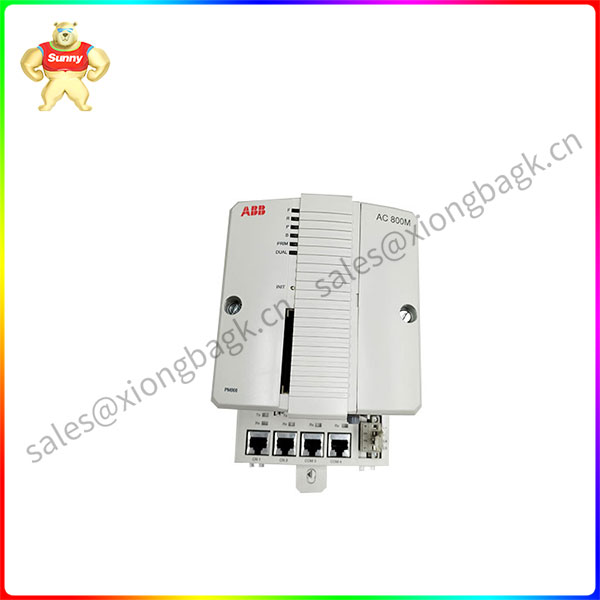Policies support technological change to build a sound industrial development ecology
At present, with the advent of a new round of scientific and technological revolution, the focus of competition among countries has been placed on the underlying technology field, and the basic framework of new technologies and new formats has been rebuilt to avoid the situation of being “stuck” in the future.
In fact, since 2009, developed countries represented by the United States have gradually proposed strategies related to new industrialization to get rid of the phenomenon of “industrial hollowing out” and achieve industrial upgrading. Among them, improving efficiency and reducing manpower requirements are part of its core goals, and industrial software is an important tool to achieve these goals.
For China, in recent years, the national government has issued a number of policies to support the development of the basic software field. Among them, in March 2020, the Ministry of Industry and Information Technology made it clear that it would start a major national software project, concentrate on solving the problem of key software jams, and strive to promote industrial technology software and support the development of high-end industrial software. On August 4, The State Council issued the “Several Policies to Promote the high-quality Development of the Integrated Circuit Industry and Software Industry in the New Era”, which requires the focus on the research and development of key core technologies of basic software, industrial software and application software.

PM866 3BSE050200R1
According to industry research, many products in industrial software at this stage show the characteristics of high research and development investment, long profit cycle and industry demand differentiation. Different technology or industrial development stage, the demand orientation of industrial software is not the same. At present, the underlying technologies such as cloud computing, the Internet of Things, and 5G are becoming increasingly mature, so China’s industrial software can follow a different development path from foreign industrial software, focusing on using new technologies to solve the efficiency problem of industrial chain research and development and manufacturing collaboration, and tap the incremental value of industrial software.
In addition, Ping An Securities Research report believes that for the development of industrial software in China, in addition to the support of national industrial policies, Matlab’s experience from small to large, from a teaching tool to eventually develop into an international commercial software is also worth learning from the domestic market. If the domestic can fully combine the power of production, university and research and capital, with the help of better domestic policies and application environment, the domestic industrial software through the classroom, laboratory and major engineering applications and other ways to promote, as long as someone uses, the ecology can be established, the subsequent optimization and upgrading is hopeful, after entering the upward spiral, This industry will have a broad space for development.
 中文版
中文版




